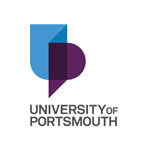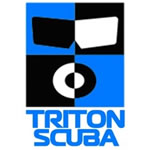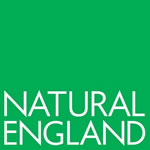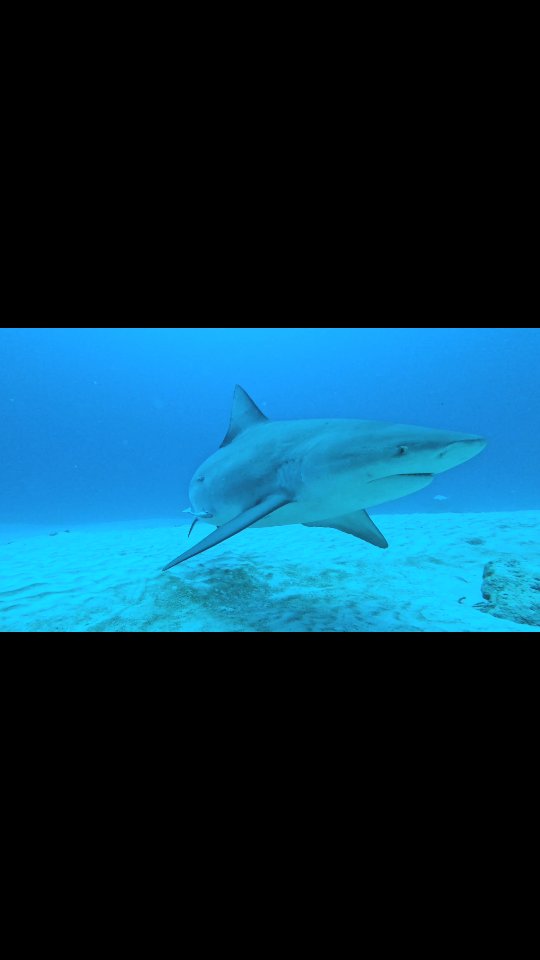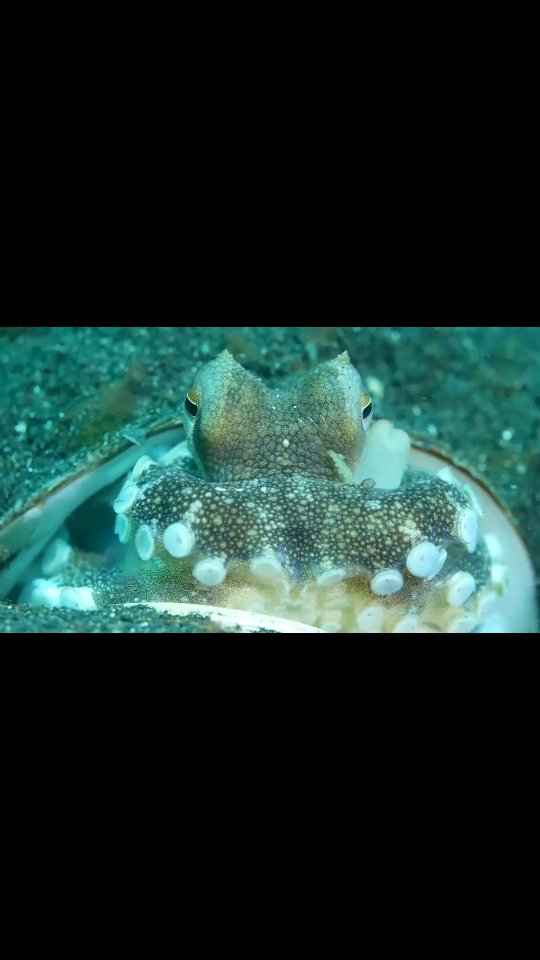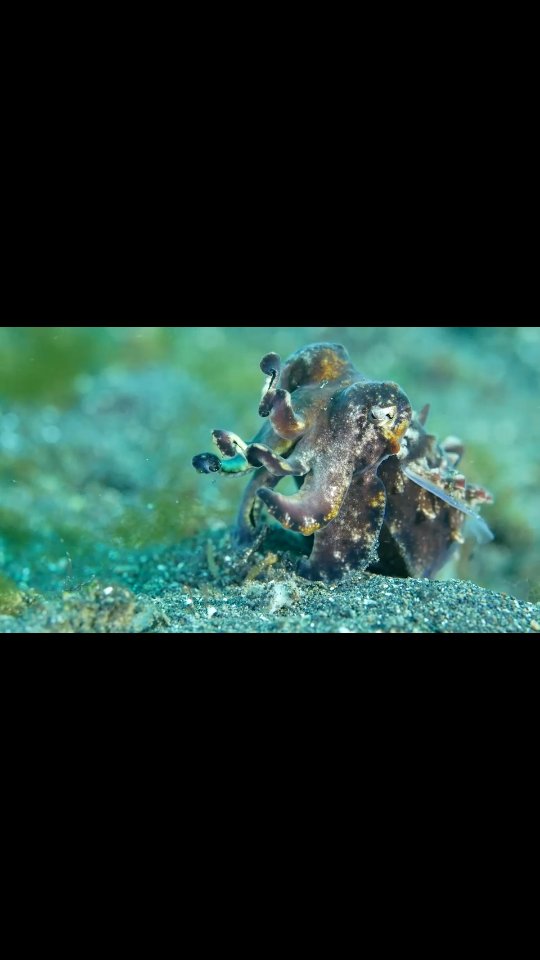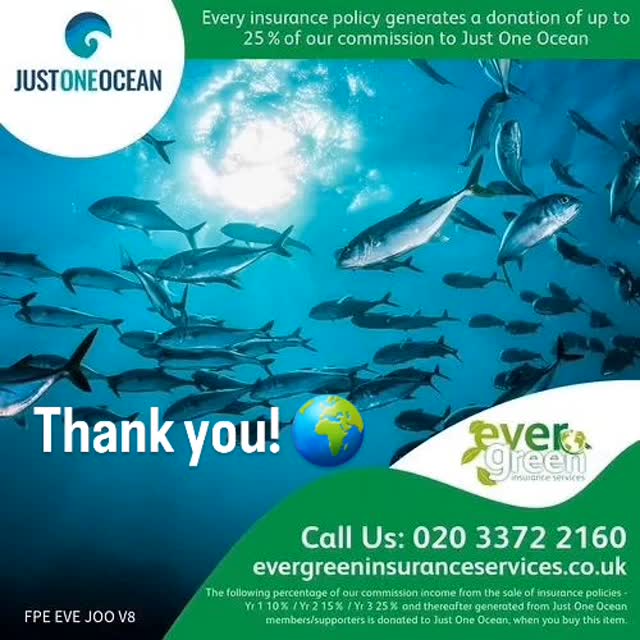Background to the Expedition
Our latest project is an ambitious one. We are going to travel the Northwest Passage by sail boat, collecting data and evidence and undertaking marine biological research to evaluate the impact of anthropogenic activities on the Arctic Circle. The project is a collaboration between Just One Ocean, the University of Portsmouth and boat owners and experienced sailors Hatty Millar and Phil Alberry. It will see a number of students joining the journey at various stages along the way. Students will spend two weeks on board the 45ft sail boat ‘Pepper’ undertaking a number of experiments during their time on board. They will also get to experience first hand the outstanding natural beauty of one of the final frontiers on the planet.
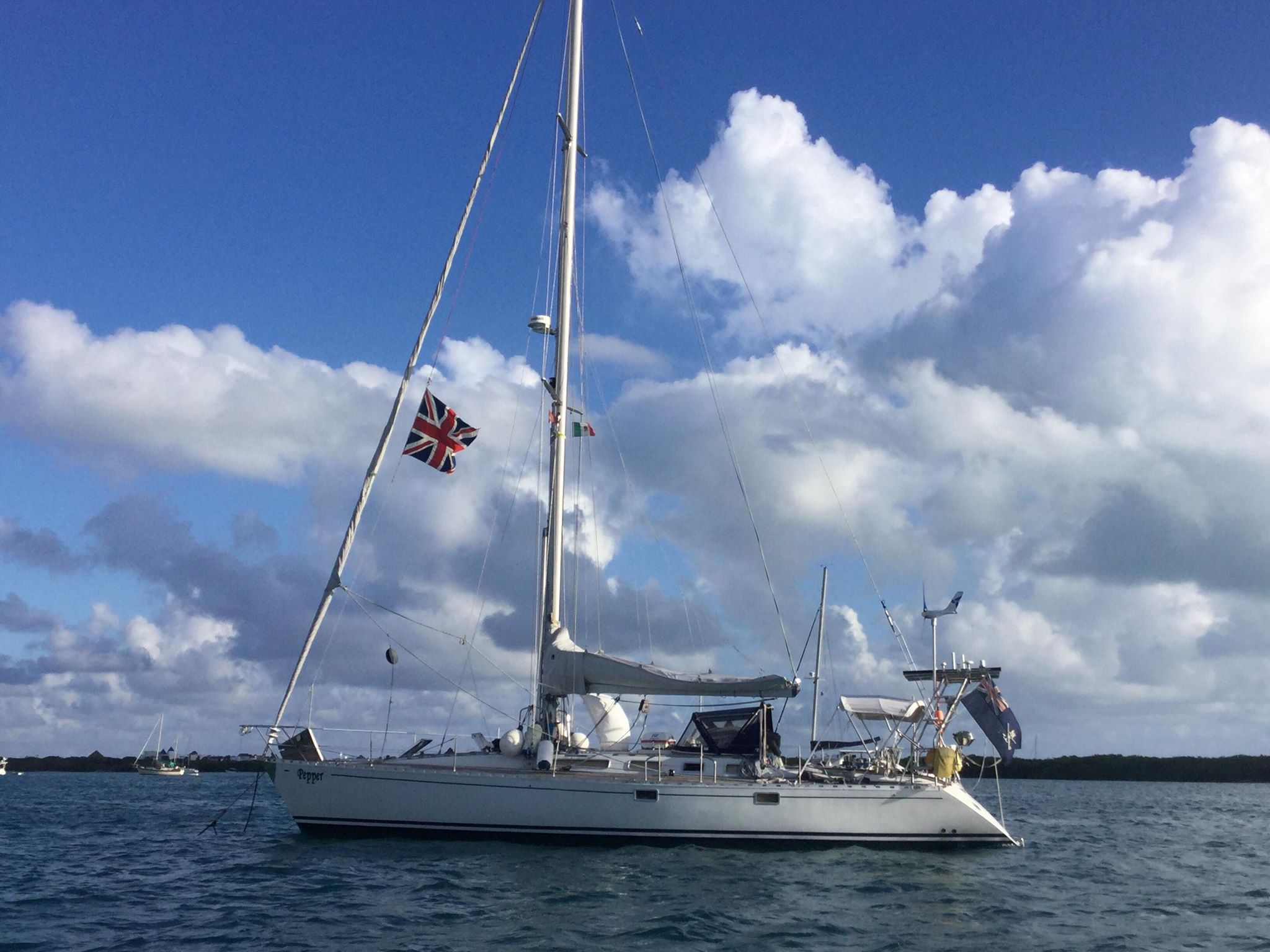
Route and Timings
The 66 Degree North Expedition will take place over the summer of 2019 when the ice is at its lowest. The precise route is very much ice dependent, but it will be stating in Greenland on 15 June. Every two weeks the vessel will be stopping at check points in order to transfer students and pick up new ones. This will also be an opportunity to ship out samples and experimental data.
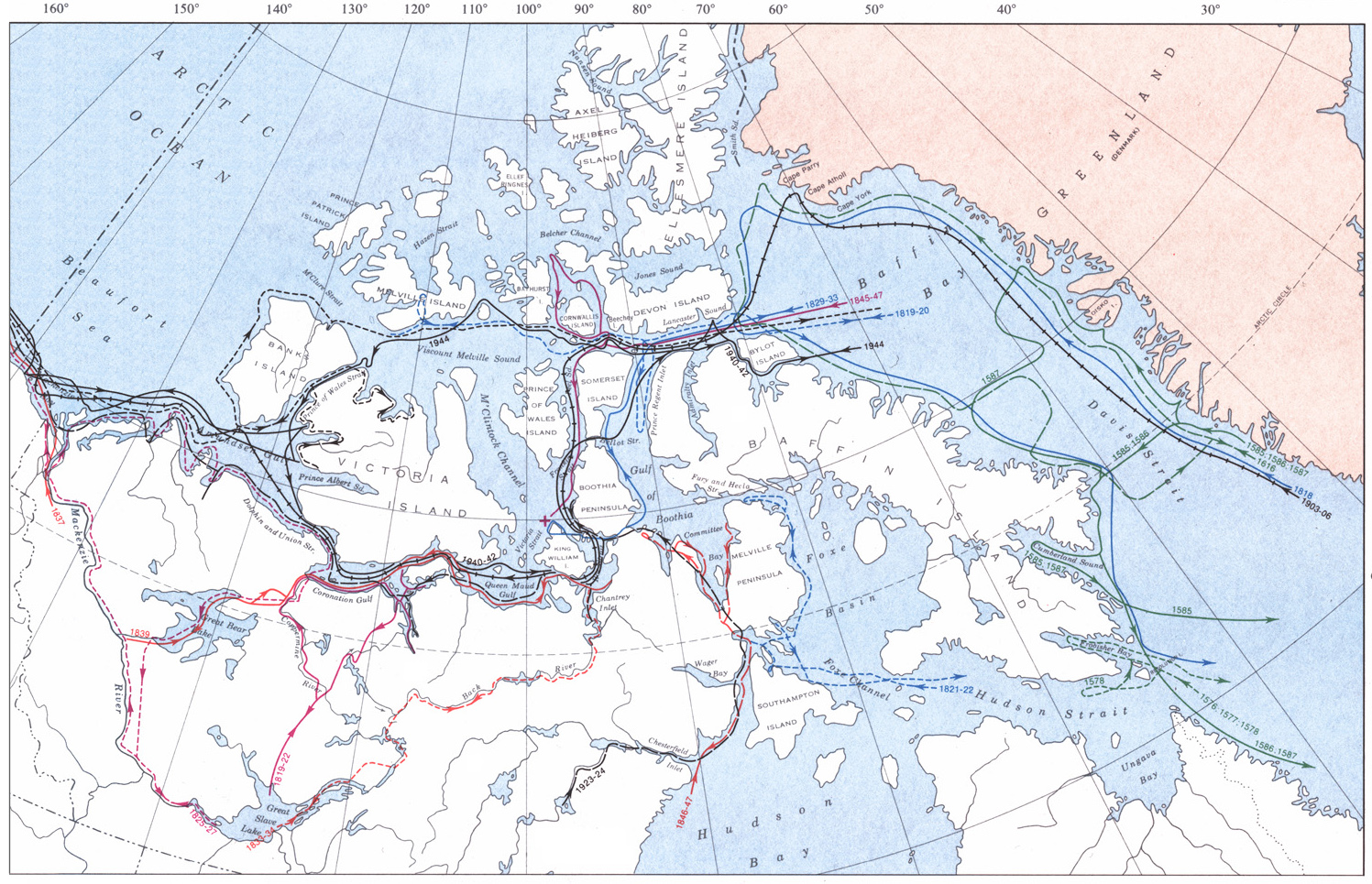
Research
The impact of plastic pollution on our oceans has been something that Just One Ocean have been investigating and shouting about for the last 10 years and a significant part of the work during the trip will involve sampling offshore and onshore in order to gather data about how microplastics in particular are impacting on the region. However, we will also be undertaking a number of other experiments potentially looking at the water column, marine biodiversity, ice flows, geology and a number of other areas of study within the region. This is very much intended to be a multi-discipline project.
Potential experiments:
- Scale and distribution of micro, meso and macroplastics in the coastal environment
- Scale and distribution of microplastics in the water column
- Ingestion of micro and mesoplastics in arctic fish species
- Chlorophyll and nitrate analysis
- CTD analysis
- Plankton studies
- Permafrost and vegetation analysis
- Tundra species data collection
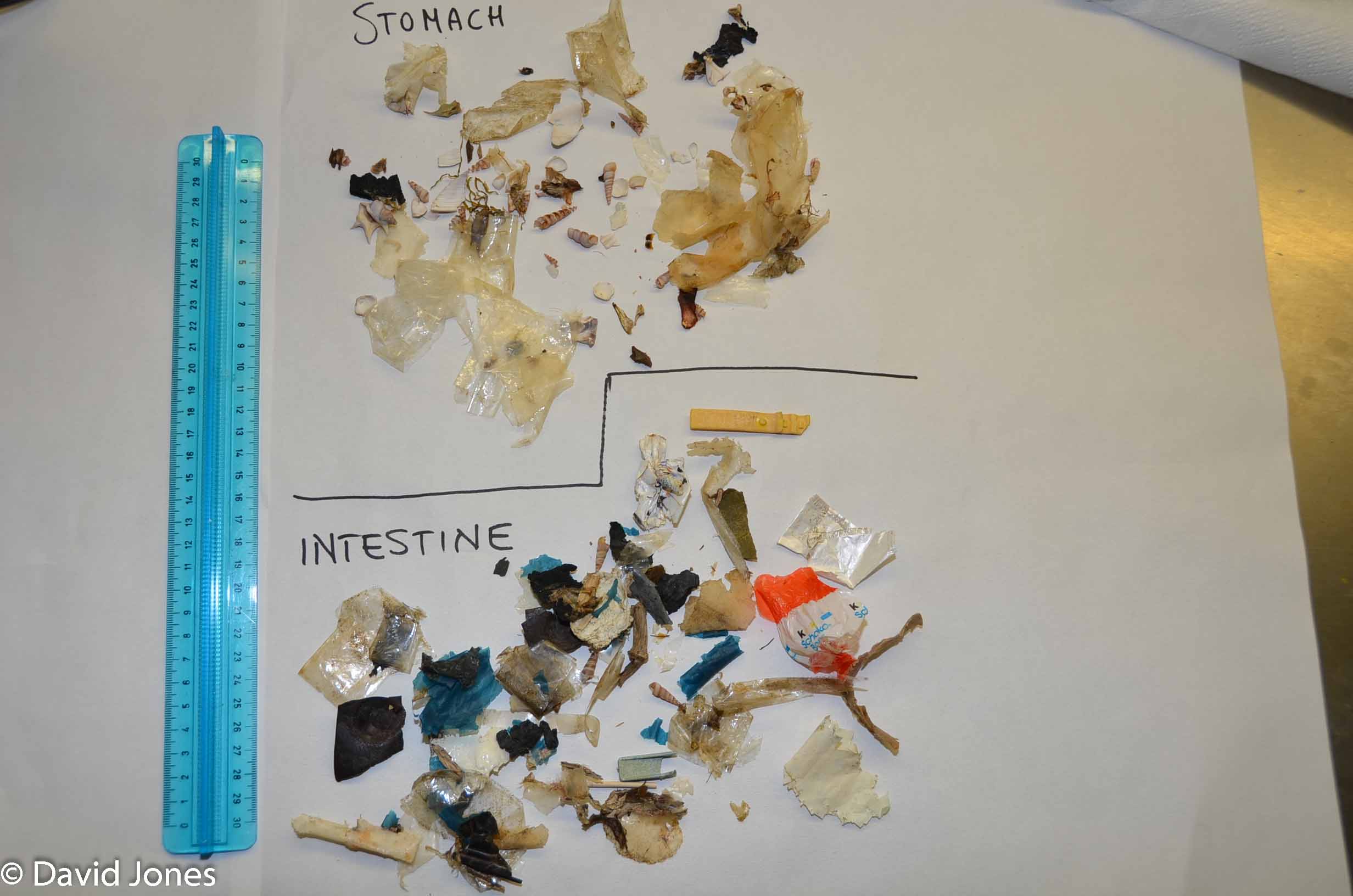
Being a part of the Expedition
There are 12 spaces available to students, both undergraduates and post graduates who would like to join this programme. Students will be required to submit a short summary about why they want to join the project and what they believe they can contribute. They will also be required to write a hypothetical press release to send to the local media should they be selected. Following on from that, they will need to attend an interview at a date to be determined.
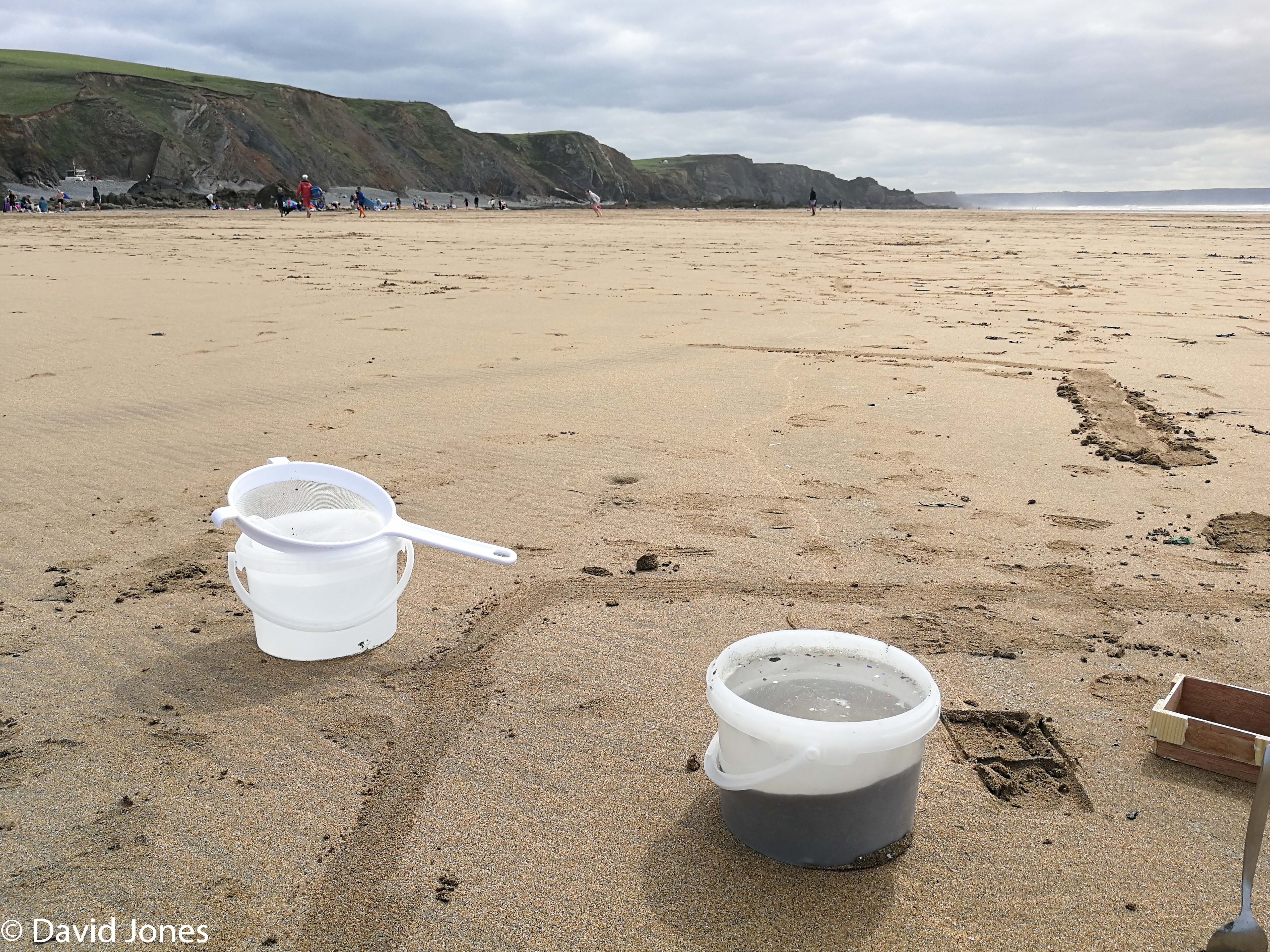
TV and Broadcasting
We will be filming this entire expedition. As well as surface video we will also have aerial and potentially underwater footage from the trip. The intention is to broadcast these as a series of episodes over You Tube but we would also be interested in speaking to production companies about a single documentary event.
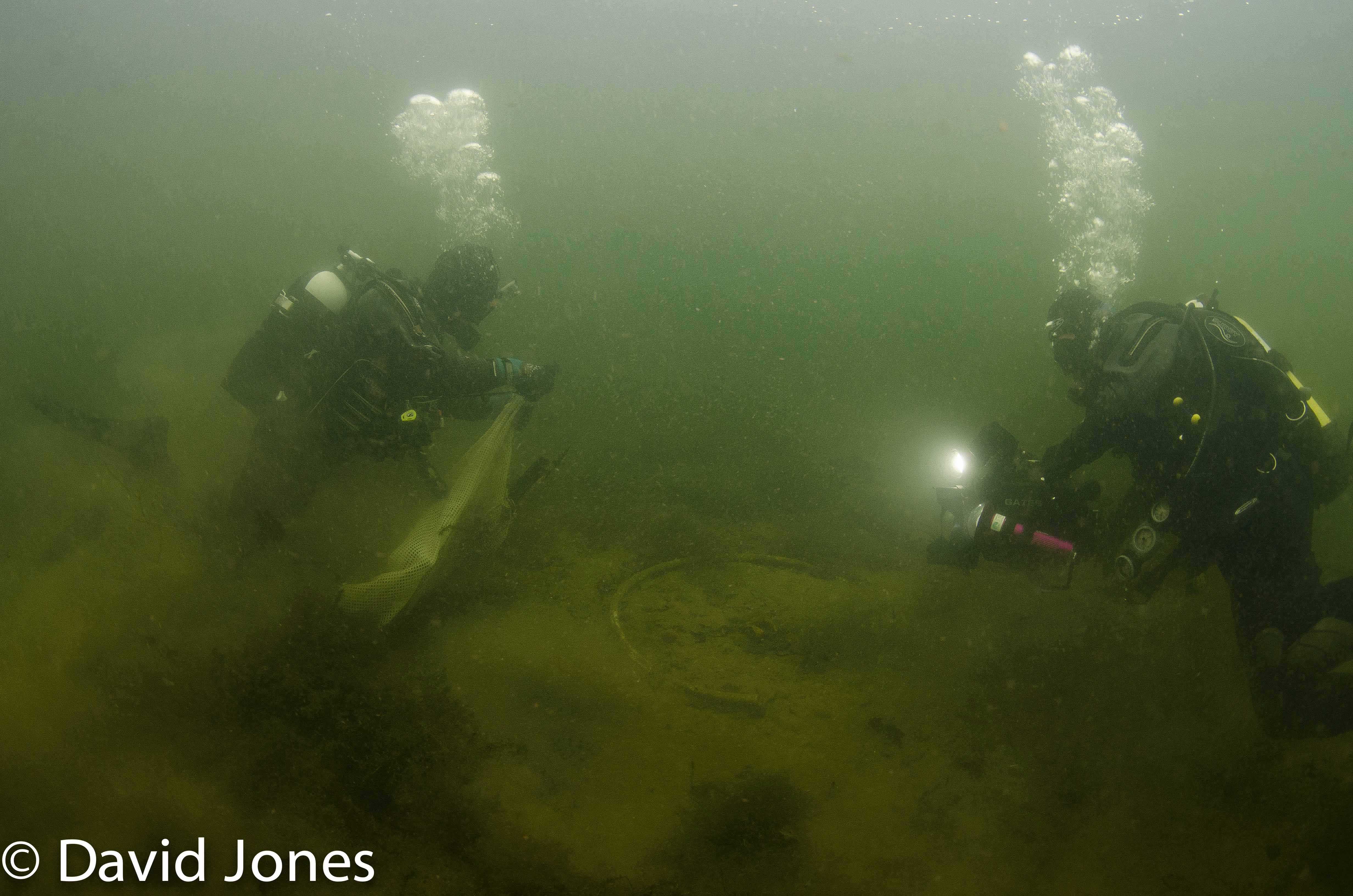
Sponsorship
As a charity we are actively raising funds to support research into ocean conservation issues. However, the costs involved in an expedition like this are substantial. If you would like to sponsor us, either with equipment or financial support, please do get in touch.
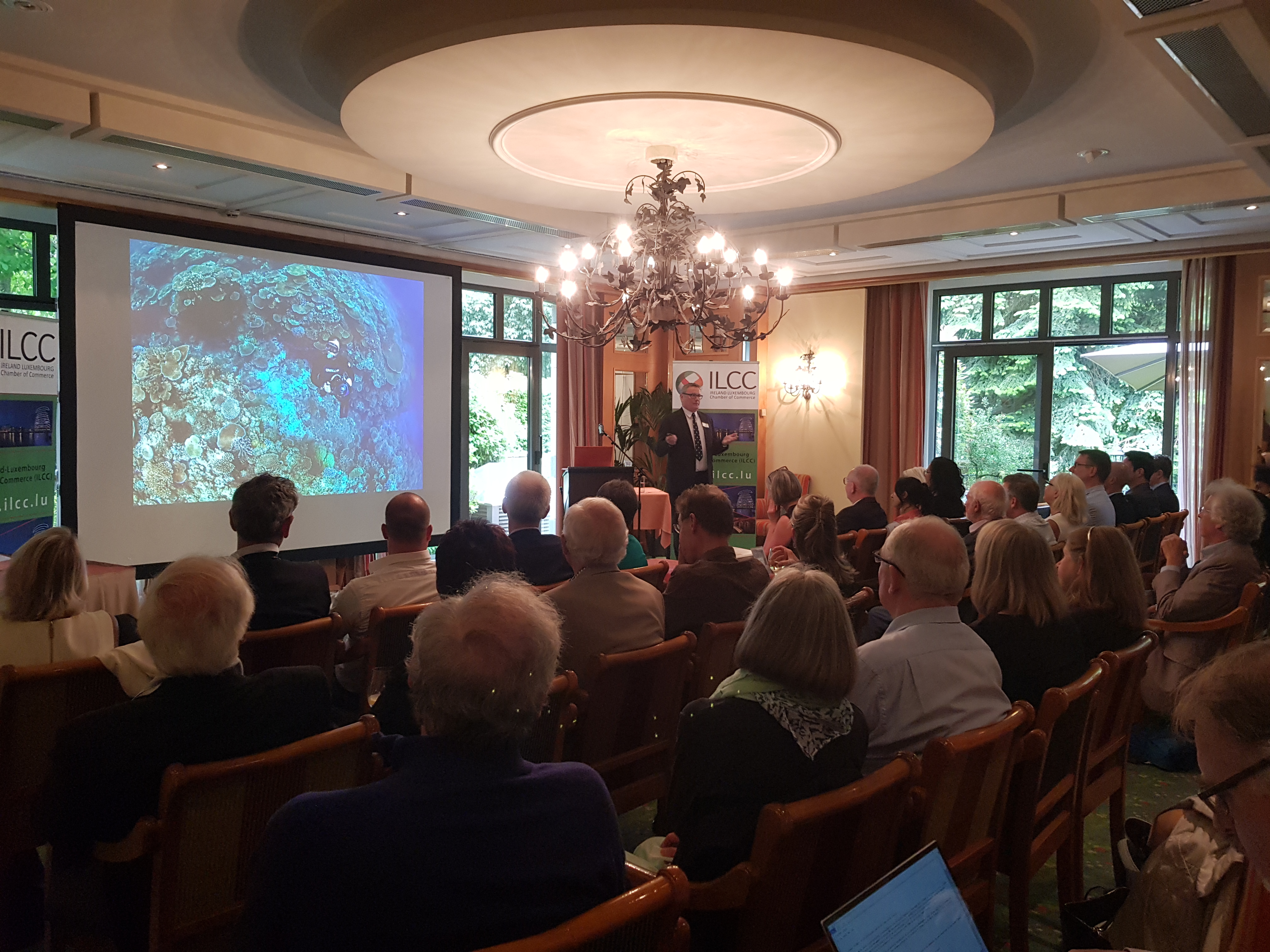
Some of our Sponsors and Supporters in the Project
